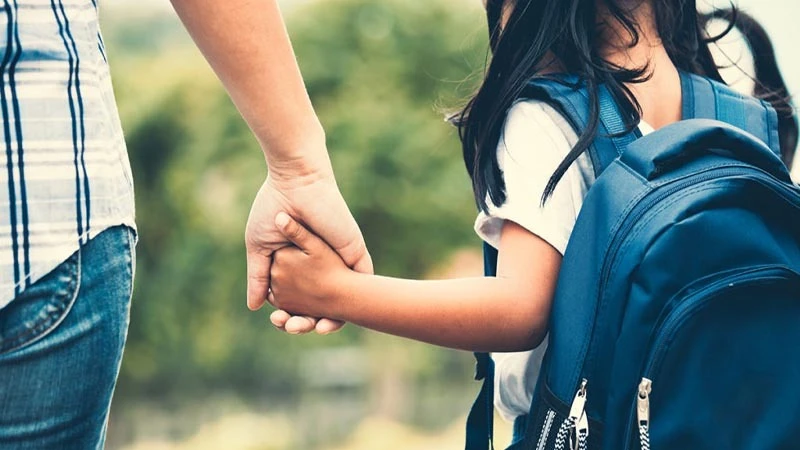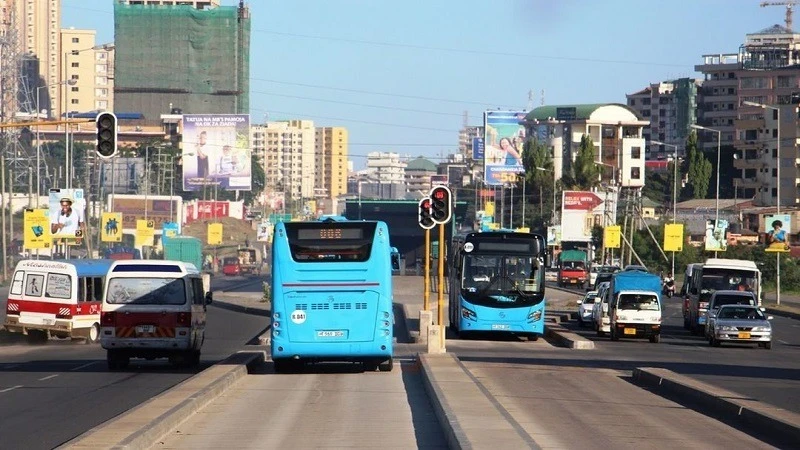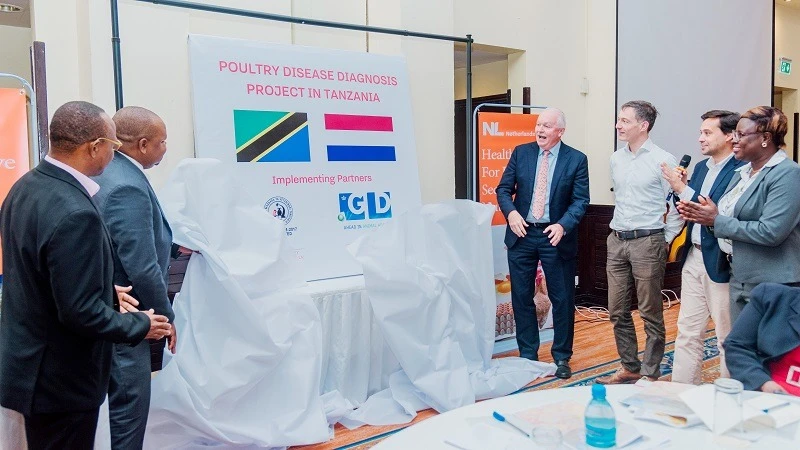Positive parenting, protection of children’s best interests, welfare

SINCE we were born and grew up with our parents or guardians or any person who was duty bound to raise us, when we became adults sometimes we shared about what we went through in life whether at home, at school or in any place we were.
Each one of us can see whether the way he or she was brought up has brought about fulfilment to him or her or not. There are certain experiences we went through which we would pass on to our own children, but there are others we wouldn’t like to do so because they were devoid of good upbringing. We can build on what we see as positive and leave all that we see as negative. Remember this saying: “The way the child is brought up is what he or she will become.”
Each country has put in place a law which protects children because they are among vulnerable persons who because of what they are they can easily be abused, discriminated against or disregarded simply because they are children and they cannot defend themselves.
There have been global, regional and national efforts to put in place a legal framework which provides for the rights and welfare of children, and Tanzania is not left behind in this.
In 2009 it enacted the Law of the Child Act (R.E. 2019), which reflects the content of the Convention of the Rights of the Child (1989) and the African Charter on the Rights and Welfare of the Child (1990). These two human rights instruments provide for general principles which prioritise the best interests and welfare of children wherever they are and wherever they will be.
Despite having this general legal framework which protects the rights and welfare of children, more is still needed to ensure children are brought up in an enabling and friendly environment so that they may realise their potential, live decently and be fulfilled in life.
Section 4 of the Law of the Child Act provides for the protection of children’s best interests. Subsection (1) provides that “The best interests of a child shall be a primary consideration in all actions concerning children whether undertaken by public or private social welfare institutions, courts or administrative bodies.”
Article 3 of the Convention of the Rights of the Child too provides for the best interests of the child. Sub-article (1) provides that “In all actions concerning children, whether undertaken by public or private social welfare institutions, courts of law, administrative authorities or legislative bodies, the best interests of the child shall be a primary consideration.”
Likewise, Article 4 of the African Charter on the Rights and Welfare of the Child provides for the best interests of the child. Sub-article (1) provides that “In all actions concerning the child undertaken by any person or authority the best interests of the child shall be the primary consideration.”
Article 25(2) of the Universal Declaration of Human Rights (UDHR, 1948) also provides that “All children, whether born in or out of wedlock, shall enjoy the same social protection.” Although “the UDHR was originally formulated as ‘soft law’…many of its provisions are also now part of customary international law,” according The Universal Declaration of Human Rights in the 21st Century: A Living Document in a Changing World (2016).
Section 7 of the Law of the Child Act provides that children are entitled to live with their parents or guardians unless it is decided by court that doing so leads to a significant harm to them, subjects them to serious abuse, or is not in their best interests. Thus, the law provides in section 8 that it is the duty of parents or guardians or any person having custody of a child to maintain that child and ensure his or her basic rights, needs and interests are met.
Where children’s basic rights, needs and interests are not well-protected and met they live in an unfriendly environment and in such a situation they are deprived of almost all what they need to live as dignified persons. UNICEF in its State of the World’s Children 2024 report suggests that “a global demographic transition is moving us towards a world where the number of children is plateauing – by the 2050s the world will be home to about as many children as it is today, around 2.3 billion.”
It adds that in some societies, “children will account for fewer than 1 in 10 members of the population, raising questions about their visibility and respect for their views and rights. In others, large populations of children and young people will offer potential demographic dividends. In the coming decades, urbanisation will continue to rise.”
The report is emphatic that the intention to serve the best interests of children represents “a litmus test for decisions taken by the legislature, courts, businesses and other stakeholders where they relate to children’s wellbeing.” It says the right to life, survival and development emphasises the need to support every facet of their growth, including their physical and mental health, and their social and cultural situation.
Respecting their views reflects the importance of ensuring their voices are heard and considered in matters that affect them. The more children’s best interests are protected against abuse the more children will live as dignified persons and fulfil their expectations. Therefore, positive parenting is needed so that children feel loved and cherished.
Today’s quote: “Children are like wet cement. Whatever falls on them makes an impression.” – Haim Ginott.
· The author is a Dar es Salaam-based lawyer. He can be reached at [email protected]
Top Headlines
© 2025 IPPMEDIA.COM. ALL RIGHTS RESERVED

























